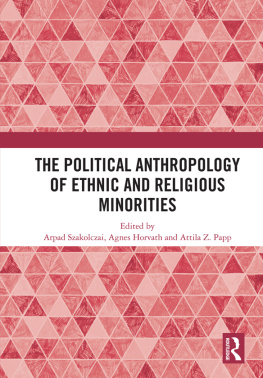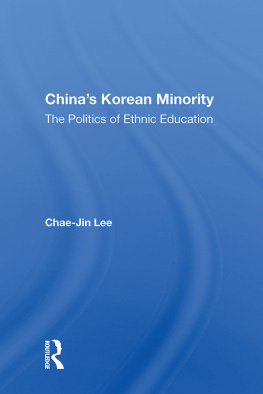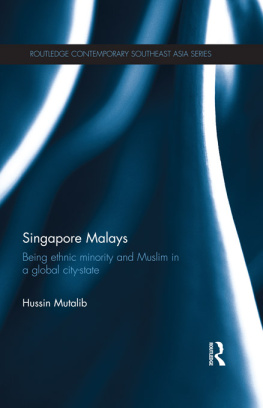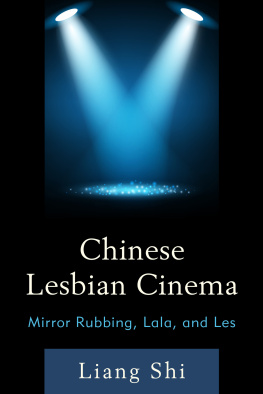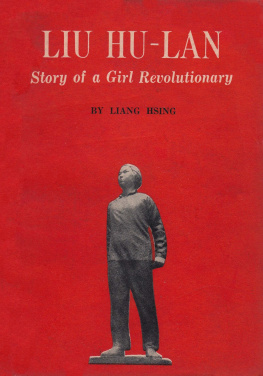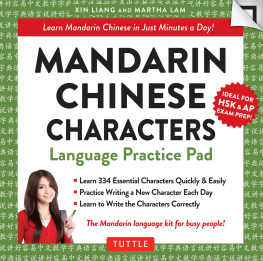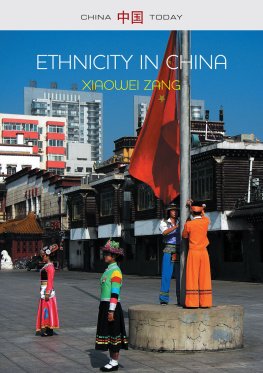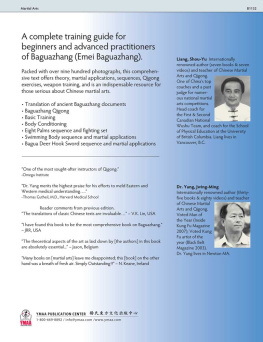
Religious and Ethnic Revival in a Chinese Minority
This book is based on anthropological fieldwork among the Bai, an ethnic minority with a population of two million in Dali, southwest China. It explores the religious and ethnic revival in the last two decades against a historical background. It explains why and how religions and ethnic identity are revived in contemporary China, with the revived analytical concept of alterity, which suggests a world beyond here and now. The book focuses on the particular institutions and ritual technologies that seek for access to the invisible, transcendental other both spatial and temporal. It covers a variety of topics, including pre-modern kingship, modern utopia, religious alterity, ethnic identity, religious associations, the Intangible Cultural Heritage, and temple restorations.
Liang Yongjia is Senior Lecturer at the Department of Sociology, National University of Singapore.
Routledge Contemporary Asia
China India Relations
Cooperation and conflict
Edited by Kanti Bajpai, Huang Jing and Kishore Mahbubani
New Regional Geopolitics in the Indo-Pacific
Drivers, dynamics and consequences
Edited by Priya Chacko
Energy Security in Asia and Eurasia
Edited by Mike M. Mochizuki and Deepa M. Ollapally
Populist Threats and Democracys Fate in Southeast Asia
Thailand, the Philippines, and Indonesia
William Case
Energy Transition in East Asia
A social science perspective
Edited by Kuei-Tien Chou
Faces of Homelessness in the Asia Pacific
Edited by Carole Zufferey and Nilan Yu
Political Participation in Asia
Defining and deploying political space
Edited by Eva Hansson and Meredith L. Weiss
Religious and Ethnic Revival in a Chinese Minority
The Bai people of southwest China
Liang Yongjia
For the full list of books: www.routledge.com/Routledge-Contemporary-Asia-Series/book-series/SE0794
Religious and Ethnic Revival in a Chinese Minority
The Bai People of Southwest China
Liang Yongjia
First published 2018
by Routledge
2 Park Square, Milton Park, Abingdon, Oxon OX14 4RN
and by Routledge
711 Third Avenue, New York, NY 10017
Routledge is an imprint of the Taylor & Francis Group, an informa business
2018 Liang Yongjia
The right of Liang Yongjia to be identified as author of this work has been asserted by him in accordance with sections 77 and 78 of the Copyright, Designs and Patents Act 1988.
All rights reserved. No part of this book may be reprinted or reproduced or utilised in any form or by any electronic, mechanical, or other means, now known or hereafter invented, including photocopying and recording, or in any information storage or retrieval system, without permission in writing from the publishers.
Trademark notice: Product or corporate names may be trademarks or registered trademarks, and are used only for identification and explanation without intent to infringe.
British Library Cataloguing-in-Publication Data
A catalogue record for this book is available from the British Library
Library of Congress Cataloging-in-Publication Data
A catalog record for this book has been requested
ISBN: 978-0-415-52850-4 (hbk)
ISBN: 978-0-429-48679-1 (ebk)
Typeset in Times New Roman
by Apex CoVantage, LLC
For my father, Liang Huiting (19382012)
Figures
Maps
Tables
Illustrations
An acknowledgement means thanks but also a closure. Without the patience of Bryan Turner and Peter Sowden, I might never have been able to finish this overdue book. During a span of fifteen years of study, I can hardly finish the long list of people who have inspired me and walked with me through my intellectual growth. In the early stage of draft preparations, my Chinese mentors and colleagues inspired me with their intellectual inspirations. I am particularly indebted to Wang Mingming, Pan Jiao, Ma Rong, Liu Tieliang, Zhu Bingxiang, Zhu Xiaoyang, Chen Jianxian, Zhao Bingxiang, Qu Jingdong, and Ying Xing. In various occasions when I presented some of the early chapters, I was benefitted by Wang Hui, Peter van der Veer, Ji Zhe, David Palmer, Zhao Dingxin, Wang Jianmin, Lin Chaomin, Shen Haimei, Zhang Xilu, Zhang Yahui, Yue Yongyi, Cao Nanlai, Lu Yunfeng, Yang Der-Ruey, Chen Bo and Chen Jinguo. Special thanks to Prof Fei Xiaotong (19102005) and Prof Wang Mingming, who supervised my Ph.D. studies that led to this book.
The book was conceived and developed during my appointment from 2009 to 2013 at the Asia Research Institute, National University of Singapore (NUS). It was my academic paradise where I could completely devote myself to intellectual growth. My special thanks go to two of my research leaders and mentors, Prasenjit Duara and Michael Feener, who have unfailingly supported and inspired me with their constant intellectual stimulation. I also learned immensely from the workshops, conferences, and reading groups the institute hosted. The early drafts of several chapters were presented on various occasions in which I received provocative comments from Kenneth Dean, Kathryn Robinson, Chua Beng Huat, Ann Blackburn, Ian Harris, Martin Saxer, Chiara Formichi, Jeremy Kingsley, Julius Bautista, Zhao Litao, Wu Keping, Robin Bush, Janet Hoskins, Xiang Biao, Shan Wei, Zhong Yijiang, Zheng Yongnian, and Wang Gungwu. In the workshops I organized, Stephan Feuchtwang, Frederick Damon, Michael Rowlands, Siu-woo Cheung, Adam Chau, Fan Ke, Naran Bilik, and Joel Robbins gave me valuable comments on the early drafts. I benefitted from discussions with other colleagues and visitors in NUS: Tongchai Winichakul, Julia C. Huang, Philip Fountain, Francis Lim, Melody Lu, Ng Zhiru, Mayfair Yang, and Lily Kong. My colleagues in the Department of Sociology have provided me with even more intellectual inspiration and academic support. In particular, I am grateful to Vineeta Sinha, Tenzin Jinba, Xu Xiaohong, and Feng Qiushi.
Part of is adapted from The Ethnic Error in under the Ancestors Shadow and Dali Society in the Republican Era, Chinese Sociology and Anthropology 42.4 (2011): 8096.
The lifelong gifts I have received from my friends and family can never be repaid. I want to thank my parents, who brought me to this world with their greatest love of me. David Gibeault, who started the entire story two decades ago, has kept on inspiring me ever since. Steve Kapica read through some of the key chapters. The West Towners, where I conducted my fieldwork, gave me the opportunities to learn from them, not so much as informants but as elders and friends. In that village, apart from the lessons I learned from late Zhang Tianlun, Li Pinzhong and Bai Liying took me as their own son. Last but not the least, my thanks go to my family: my wife Aga Zuoshi, who supports me without reservation and inspires me with her intellectual brilliance, and to my son Liang Yien. They make my life beautiful and complete.
It all started with a cold, damp winter evening in the year of 1997. I visited my friend, David Gibeault, an anthropologist doing fieldwork in Wuhan, Central China, where I was figuring out a way to pursue an anthropological career. He told me he was reading a monograph,




